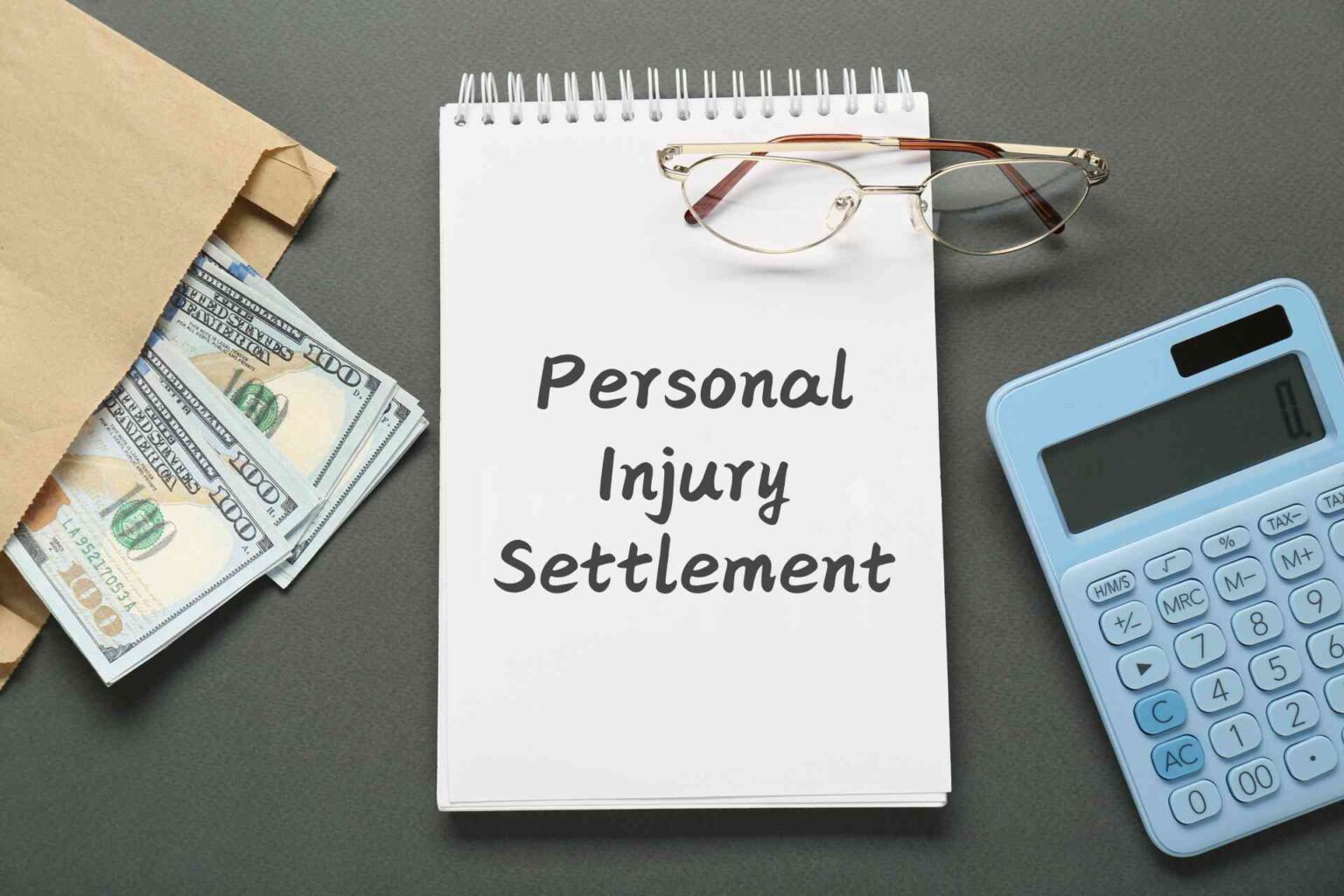Navigating the Maze: A Simple Guide to Personal Injury Law Pengantar Dalam kesempatan yang istimewa ini, kami dengan gembira akan mengulas topik men
Navigating the Maze: A Simple Guide to Personal Injury Law
Pengantar
Dalam kesempatan yang istimewa ini, kami dengan gembira akan mengulas topik menarik yang terkait dengan Navigating the Maze: A Simple Guide to Personal Injury Law. Mari kita merajut informasi yang menarik dan memberikan pandangan baru kepada pembaca.
Table of Content
Video tentang Navigating the Maze: A Simple Guide to Personal Injury Law
Navigating the Maze: A Simple Guide to Personal Injury Law

Life is full of unexpected twists and turns. Sometimes, those twists lead to injuries caused by someone else’s carelessness or wrongdoing. When that happens, you might find yourself in the realm of personal injury law. But what exactly is personal injury law, and how can it help you if you’ve been hurt? Let’s break it down in plain English.
What is Personal Injury Law?
At its core, personal injury law is designed to protect people who have been injured due to the negligence or intentional acts of another party. It’s a branch of civil law (rather than criminal law) that allows injured individuals to seek compensation for their losses. The goal is to make the injured party "whole" again, as much as possible, by covering their medical bills, lost wages, pain, and suffering, and other related damages.
The Key Ingredient: Negligence
In most personal injury cases, the concept of negligence is central. Negligence means that someone failed to exercise the level of care that a reasonably prudent person would have exercised under similar circumstances. Think of it as a failure to be careful enough, which results in harm to someone else.
To win a negligence-based personal injury case, you generally need to prove four things:
- Duty of Care: The person or entity who caused your injury had a legal duty to act with reasonable care toward you. For example, a driver has a duty to obey traffic laws and drive safely. A store owner has a duty to keep their premises safe for customers.
- Breach of Duty: The person or entity breached that duty of care. This means they did something (or failed to do something) that a reasonable person would not have done (or failed to do) in the same situation. A driver speeding through a red light breaches their duty of care. A store owner who doesn’t clean up a spill breaches their duty of care.
- Causation: The breach of duty directly caused your injuries. In other words, your injuries wouldn’t have happened if the person hadn’t been negligent.
- Damages: You suffered actual damages as a result of your injuries. This could include medical expenses, lost income, pain and suffering, property damage, and other losses.

Common Types of Personal Injury Cases
Personal injury law covers a wide range of situations. Here are some of the most common types of cases:
- Car Accidents: These are perhaps the most frequent type of personal injury claim. They can involve collisions between cars, trucks, motorcycles, bicycles, or pedestrians. Negligence in car accidents can include speeding, drunk driving, distracted driving, or failure to obey traffic laws.
- Slip and Fall Accidents: Also known as "premises liability" cases, these occur when someone is injured on another person’s property due to hazardous conditions, such as slippery floors, uneven sidewalks, or inadequate lighting.
- Medical Malpractice: This involves negligence by a healthcare professional that results in injury to a patient. It can include misdiagnosis, surgical errors, medication errors, or birth injuries.
- Product Liability: This type of case arises when a defective product causes injury. It can involve design defects, manufacturing defects, or inadequate warnings.
- Dog Bites: In many jurisdictions, dog owners are liable for injuries caused by their dogs, especially if the dog has a history of aggression.
- Workplace Accidents: These cases involve injuries sustained while on the job. Workers’ compensation laws often provide benefits for workplace injuries, but in some cases, a personal injury lawsuit may also be possible.
- Assault and Battery: While these can be criminal offenses, they can also form the basis of a personal injury lawsuit. Assault involves the threat of harm, while battery involves actual physical contact.
- Defamation: This involves false statements that harm someone’s reputation. Defamation can be either libel (written) or slander (spoken).


What Kind of Compensation Can You Recover?
If you have a valid personal injury claim, you may be entitled to compensation for a variety of damages, including:
- Medical Expenses: This includes past and future medical bills, such as doctor visits, hospital stays, physical therapy, and medication.
- Lost Wages: If your injuries have prevented you from working, you can recover lost income. This includes both past lost wages and future lost earning capacity.
- Pain and Suffering: This is compensation for the physical pain and emotional distress you have experienced as a result of your injuries.
- Property Damage: If your property was damaged in the accident, you can recover the cost of repair or replacement.
- Punitive Damages: In some cases, if the defendant’s conduct was particularly egregious or reckless, you may be awarded punitive damages. These are intended to punish the defendant and deter similar conduct in the future.
Why You Might Need a Personal Injury Lawyer
Navigating the legal system can be overwhelming, especially when you’re dealing with injuries and recovery. A personal injury lawyer can provide invaluable assistance by:
- Investigating Your Claim: Gathering evidence, interviewing witnesses, and reconstructing the accident to determine liability.
- Dealing with Insurance Companies: Insurance companies are often more interested in protecting their bottom line than in fairly compensating you. A lawyer can negotiate with the insurance company on your behalf and protect your rights.
- Assessing the Value of Your Claim: Determining the full extent of your damages and ensuring that you receive fair compensation.
- Filing a Lawsuit: If a fair settlement cannot be reached, a lawyer can file a lawsuit on your behalf and represent you in court.
- Providing Legal Advice: Guiding you through the legal process and answering any questions you may have.
Important Considerations
- Statute of Limitations: Every state has a statute of limitations, which is a deadline for filing a personal injury lawsuit. If you miss the deadline, you may lose your right to sue.
- Comparative Negligence: In many states, if you were partially at fault for the accident, your compensation may be reduced proportionally.
- Insurance Coverage: The availability of insurance coverage can significantly impact your ability to recover compensation.
The Bottom Line
Personal injury law is a complex field, but it’s designed to protect your rights if you’ve been injured due to someone else’s negligence. If you think you may have a personal injury claim, it’s always a good idea to consult with a qualified attorney to discuss your options. Don’t let the legal maze intimidate you. With the right guidance, you can navigate the process and seek the compensation you deserve.

Penutup
Dengan demikian, kami berharap artikel ini telah memberikan wawasan yang berharga tentang Navigating the Maze: A Simple Guide to Personal Injury Law. Kami berharap Anda menemukan artikel ini informatif dan bermanfaat. Sampai jumpa di artikel kami selanjutnya!

COMMENTS